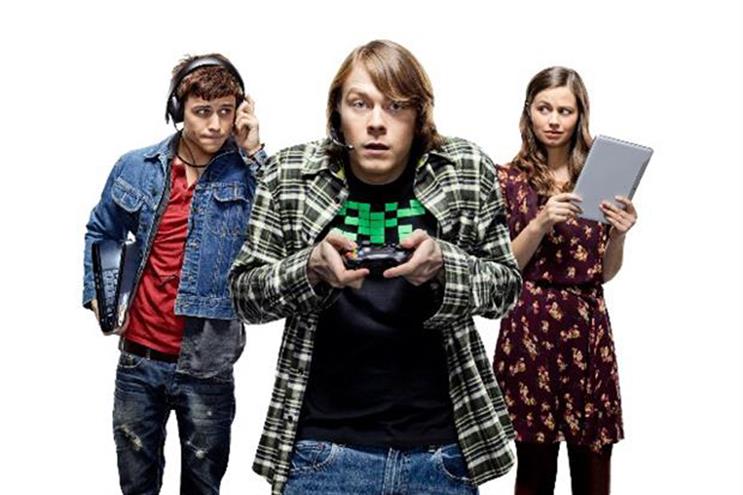
BT's acquisition of EE has been cleared by the Competition and Markets Authority (CMA) after a six-month probe, much to the chagrin of riivals TalkTalk and Vodafone.
The CMA dismissed suggestions the merger would restrict the UK telecoms market, and result in higher bills for consumers.
The merger comes as Three owner Hutchinson prepares to acquire O2, shaking up the mobile market.
BT will probably kill the EE brand
The BT deal is a cue to consider a complete brand overhaul, according to Jacques de Cock, spokesman at the London School of Marketing.
He told Marketing: "It’s the last chance to reinvent BT as a non-nationalised utility into a consumer champion that is innovative. In terms of brand awareness, [innovation] is not high on people’s perception of BT."
That's despite the launch of BT Sport last year, BT's challenge to Sky in the sports TV market.
De Cock believes EE would be the "loser brand" in a merger, since it is still relatively new to consumers. BT's CEO, Gavin Patterson, has said the
EE emerged in 2010 as a joint venture between Deutsche Telekom and France Telecom through the merger of their respective mobile brands T-Mobile and Orange.
De Cock said: "Because BT will be part owned by Deutsche Telekom and Orange, all three will see this as an opportunity to revitalise their own old-fashioned telecom empires – but they are more likely to feel comfortable with the old brand being dominant, rather than EE."
BT's shot at simplicity
BT has given relatively little detail on its plans for EE, though the company said it expects to generate revenue by selling BT services to existing EE customers. It also sees "synergies" between its own infrastructure and EE's.
Woodford, one of BT's top investors, approved the deal and noted that BT had a chance to offer simplicity in a complex market.
The firm wrote: "Broadband – and increasingly fibre – is critical to the way we all now live but content-based connectivity in a variety of settings from a single source, is what customers increasingly desire and BT is now in a position to offer just that."
Offering simplicity could be an obvious marketing win for BT, according to Graham Hales, CMO at Interbrand.
He told Marketing: "That opportunity for simplicity and for clarification is highly desirable from a consumer perspective.
"Embarking on your choice of tariff is not a moment of joy for any consumer. It is not an engaging process. It’s the consumption we appreciate, not the moment of trying to figure out the tariff we want."
Both Hales and de Cock suggested the reality of a BT brand revamp could fall short of the fantasy however, with CEO Gavin Patterson likely unwilling to take any major risks with BT's brand equity.
De Cock said: "Large company's board members tend to have a committee mentality, they won’t typically take big bold risks.
"You wouldn't buy something as big as EE without wanting a change - but how much BT feels comfortable doing is anybody's guess."
Read next



.jpg)
.jpeg)
